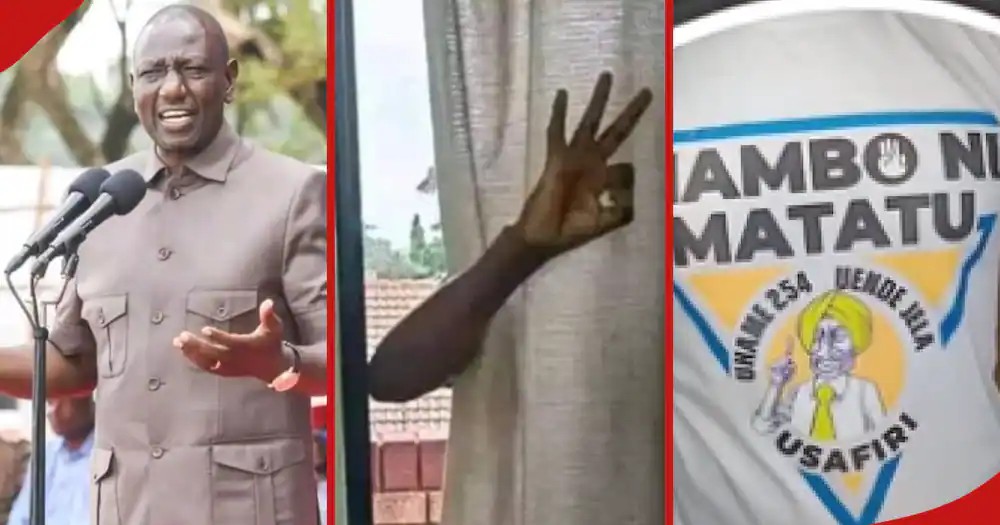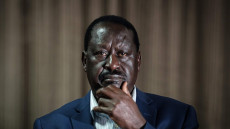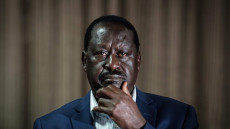- Ruto has attempted to prohibit the use of the slogan by companies in classes 25 (for a fashion business), 28 (gym and sporting activities), 35 (advertising), 41 (education, entertainment, and cultural activities), and 45 (personal and social services).
President William Ruto has sought to trademark the tagline 'mambo ni matatu', so companies that hurried to etch the well-known "mambo ni matatu" tagline alongside the numeral "3" hand gesture on their products will soon be treading cautiously.
When President Ruto threatened the "sugar cartels" and said they were to blame for the collapse of the nation's sugar sector in August, the slogan went viral.
Adrian Kamotho Njenga, Ruto's attorney, filed an application with the Kenya Industrial Property Institute (KIPI) to officially register the slogan and mark. If this happens, anyone found using it will be charged with trademark infringement.
Ruto has attempted to prohibit the use of the slogan by companies in classes 25 (for a fashion business), 28 (gym and sporting activities), 35 (advertising), 41 (education, entertainment, and cultural activities), and 45 (personal and social services).
President Ruto must now utilize the slogan to obtain exclusivity of the word, "provided he uses the phrase in these particular classes," according to intellectual property lawyer Liz Lenjo, who spoke with Citizen Digital.
Read More
She clarified that since the regulations would cover branding in businesses, no one can be sued if they use the phrase in a speech.
"He cannot because you cannot exclude someone from speaking but if you were to brand your businesses in the classes outlined in this application then of course you'd be in trouble," she stated.
But again, one would challenge and review whether he is actually using the mark because with Trademarks you have to use them.
However, Ms. Lenjo noted that because the tagline must go through a 60-day advertising stage, it has not yet been registered.
"Within those 60 days any Kenyan who would like to object to that registration then they would do so as long as they have grounds then they would institute what we call an opposition to a trademark application, they make their case, then the registrar of trademark opposition would make a decision," she explained.
As per Ms. Lenjo, a trademark is an intellectual property right given to a brand that is uniquely utilized to distinguish a business and prevents any other party from using or branding their enterprise in a manner that is comparable to the registered trademark.












